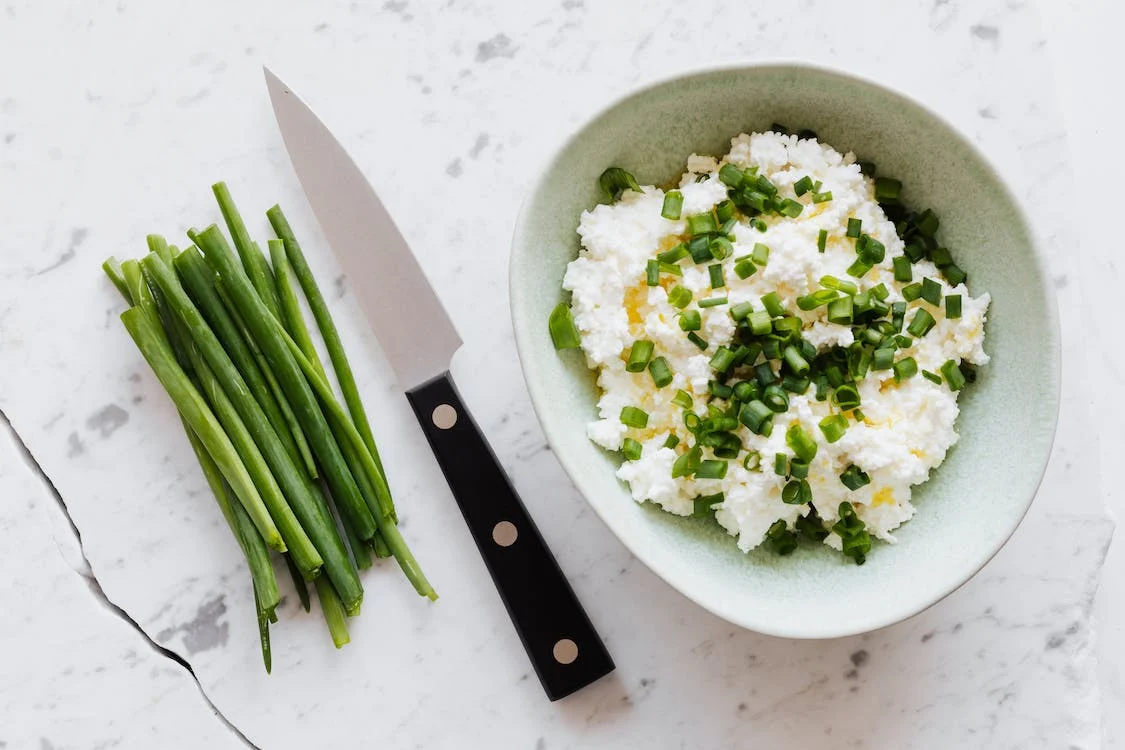If you've recently undergone gallbladder removal surgery, you're likely wondering about the dietary changes that lie ahead. One of the most crucial recommendations you'll receive is to eat less oily food. But why is a low-oil diet so important after gallbladder removal? In this comprehensive guide, we will explore the reasons behind this recommendation and offer practical tips to make the transition to a low-oil diet smoother.
Understanding the Gallbladder's Role
Before we dive into why a low-oil diet is essential after gallbladder surgery, let's first understand the role the gallbladder plays in digestion.
The gallbladder is a small, pear-shaped organ situated beneath the liver. Its primary function is to store bile, a digestive fluid produced by the liver. When you eat a meal, especially one that's high in fats, the gallbladder releases bile into the small intestine. Bile helps emulsify fats, breaking them down into smaller particles so that your body can absorb them efficiently.
The Impact of Gallbladder Removal
Gallbladder removal, also known as cholecystectomy, is often necessary when gallstones or other gallbladder issues cause pain and discomfort. While the surgery can provide relief, it also has a significant impact on your digestive system.
After gallbladder removal, there is no longer a storage facility for bile. Instead, bile continuously trickles into the small intestine. This constant, slow release can make fat digestion less efficient, resulting in various digestive discomforts, including diarrhea, bloating, and abdominal pain when high-fat foods are consumed.
The Importance of a Low-Oil Diet
Now that we've established the physiological changes that occur after gallbladder removal, it becomes clear why a low-oil diet is recommended.
- Reducing the Risk of Digestive Discomfort
- By consuming less oily food, you are reducing the risk of digestive discomfort. A diet lower in fat places less strain on your digestive system. You'll experience fewer bouts of diarrhea, bloating, and cramping, which are all common complaints for those who don't adjust their diet post-surgery.
- Aiding Fat Digestion
- Without the gallbladder's concentrated release of bile, your body may struggle to digest large amounts of dietary fat at once. A low-oil diet ensures that you provide your system with a manageable amount of fat at any given time, making digestion more efficient.
Top Tips for a Low-Oil Diet
Transitioning to a low-oil diet might seem daunting, but with the right strategies, it can be manageable and even enjoyable. Here are some practical tips to help you on your journey:
- Read Food Labels: Start by checking food labels for fat content. Aim for products that are lower in fat, and be vigilant about hidden fats in processed and fast foods.
- Choose Lean Proteins: Opt for lean protein sources such as skinless poultry, fish, and plant-based proteins. Avoid fatty cuts of meat and processed meats.
- Modify Cooking Techniques: Adjust your cooking methods. Instead of frying, consider grilling, baking, or steaming. Non-stick cookware can also help reduce the need for oil.
- Incorporate Healthy Fats: While the goal is to reduce overall fat intake, it's essential to include healthy fats in moderation. Avocados, nuts, and olive oil can be more easily digested and offer important health benefits.
- Monitor Portion Sizes: Be mindful of portion sizes. Eating smaller, more frequent meals throughout the day can help ease the digestive process and prevent overloading your system.
A Sample Low-Oil Meal Plan
To put these tips into practice, here's a sample low-oil meal plan for a day:
Breakfast
- Oatmeal topped with fresh berries and a sprinkle of almonds.
- Scrambled eggs cooked with minimal oil.
Lunch
- Grilled chicken breast served with a generous portion of mixed vegetables.
- A vinaigrette dressing made with a small amount of olive oil.
Snack
- Greek yogurt sweetened with honey and a small handful of nuts.
Dinner
- Baked salmon paired with steamed broccoli.
- Quinoa as a side dish.
Common Mistakes to Avoid
In your quest for a low-oil diet, be aware of common mistakes that can hinder your progress and well-being:
- Eliminating All Fats: Don't completely eliminate fats from your diet. Your body requires healthy fats for essential functions. Instead, focus on reducing the overall intake and choosing healthier sources.
- Ignoring Nutrient Balance: Ensure that your meals are well-balanced with proteins, carbohydrates, and healthy fats. If you have concerns about maintaining proper nutrition, consider consulting a registered dietitian.
- Overeating: Avoid overeating, as a full stomach can strain your digestive system. Opt for smaller, more frequent meals to ease digestion and prevent discomfort.
conclusion,
a low-oil diet is not merely a dietary suggestion; it's a fundamental aspect of your post-gallbladder surgery recovery and long-term well-being. By understanding the physiological changes your body undergoes after surgery and implementing the top tips we've provided, you can promote better digestion and minimize discomfort. Remember that your path to a healthier, more comfortable you begins with the food choices you make.



